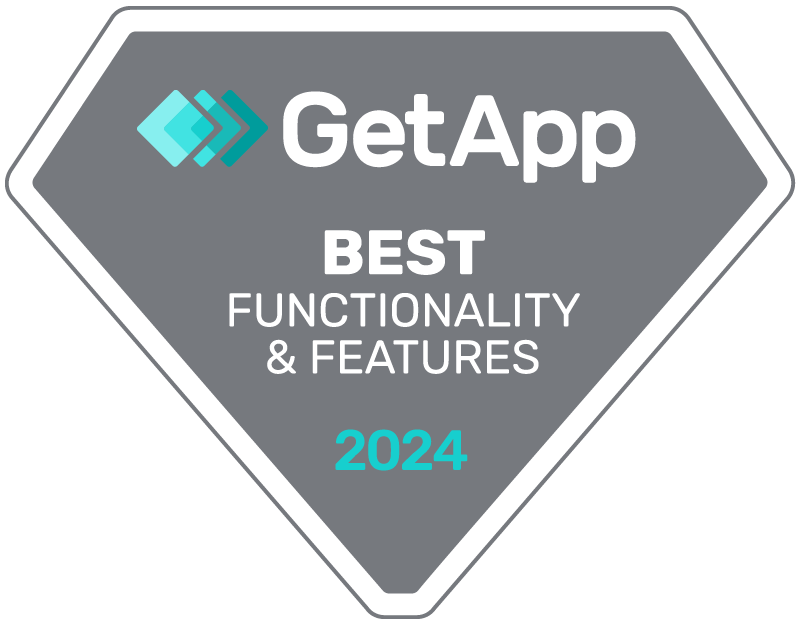Why You Shouldn’t Ignore Employee Engagement

Employees are the most valuable “asset” that an organization has, but somewhere along the way the majority of companies fail to show their employees how much they are valued. While the C-suite has the best of intentions, the day-to-day execution of this vision falls apart due to a lack of focus on employee engagement initiatives.
Traditionally, tracking, managing and boosting employee engagement was the domain of HR but over the last 10 to 15 years this issue has gone to the top of the executive agenda. Deloitte’s Talent Edge 2020 Survey of senior leaders at large companies found that 83 percent believe significant improvements need to be made to their organization’s talent programs.
It is clear that employee behavior and actions impact overall organizational success, yet employee engagement remains a struggle for many organizations. It’s a priority for leaders, yet there’s a gap between vision and reality.
Understanding Employee Engagement
Employee engagement refers to an employee’s level of commitment to the organization including their emotional attachment, willingness to execute on goals or strategy, and how they help further the company’s mission.
Here are the various levels of employee engagement:
- Highly Engaged — Shows up every day and performs at the top of their game, while bettering the company’s position. They are the best of the best and the employees that make the biggest impact to the company’s bottom line.
- Moderately Engaged — Performs at a satisfactory level but does little to move the bar ahead, with little tangible contribution to overall success. They help maintain the status quo.
- Disengaged — Unfocused and uncommitted. Often lacking in direction with no investment in the company’s success. Disengaged employees are bad for business and usually end up costing the company money.
Studies by Gallup Research since 2008 consistently show that 70% of employees identify as disengaged — with 52% of those being merely “disengaged” and 18% actively disengaged.
The study estimates that actively disengaged employees cost the U.S. economy between $450 to $550 billion per year in lost productivity, while work units with the highest engagement rankings are more productive and profitable — with an estimated 147% higher earnings per share.
The Gallup study is a confirmation of what high performing companies already know. Having engaged, productive and loyal employees is the key to increasing market share, boosting profits and building customer satisfaction.

Discover what truly motivates your employees so you can skyrocket your productivity and profitability.
Learn moreBoosting Employee Engagement with Real-Time Insight
As the economy has changed, organizations have failed to modernize their approach to conducting employee research. They may be relying on a paper-based system or on inflexible surveys conducted by third party firms that don’t provide data in time.
Paper-based systems are time consuming to manage and are prone to error. The immense task of collecting and collating data using a manual process makes employee research something that is only done once or twice a year. Working with a third party research firm, the process is timely, expensive and often takes months to execute.
Neither of these approaches addresses the fact that business happens in real-time. Organizations need to be able to collect the information they need to consistently measure, and then manage employee engagement levels on an ongoing basis.
Moving to a model of company-wide, real-time feedback delivers the insight required to help improve employee engagement by:
- Empowering teams. Everyone has the information they need to manage their work effectively and they clearly understand how it connects to the bigger picture.
- Delivering accurate and timely feedback. Instead of gathering feedback only for annual performance reviews, managers have the information they need to coach employees and have meaningful conversations about performance.
- Giving employees a voice. Employees feel empowered as they are asked to provide feedback on an ongoing basis and they can see how that input is used across the organization.
The bottom line
This data has a measurable impact on the day-to-day running of the organization, which in turn helps create a positive culture where employees are engaged. Over the long-term the company is able to increase overall performance as issues are quickly identified and addressed — from low performance to issues with managers to areas of retention risk — all of which positively impact the bottom line.
For example, instead of losing Mary who works in a key customer-facing role and is adored by all of her clients to a competitor, regular feedback enables her manager to figure out that she needs more of a challenge. Opening up the lines of communication makes Mary feel valued, helps the company avoid losing key accounts, all while saving on the cost of recruiting and on-boarding for her position.
In short, employees are your competitive advantage, so keeping them engaged is not just good for business, it’s critical to success.
Read more about Employee Surveys









